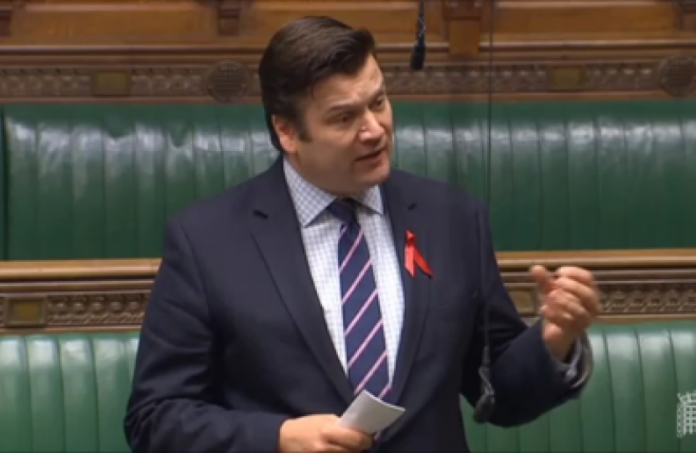Burnham-On-Sea’s MP James Heappey, who is minister for the Armed Forces, has this week defended the Government’s withdrawal of troops from Afghanistan, saying that Britain is weary of soldiers being killed at the hands of the Taliban and extremist groups.
In an interview with The Daily Telegraph, Mr Heappey says: “How many more tours like the tour I did in 2009 are we, as a nation, willing to accept our people going out there to do?”
“Is 2,000 dead acceptable? Is two-and-a-half thousand dead acceptable? Every single person that died in Afghanistan is a life too many.”
For Mr Heappey, the deteriorating security position in Afghanistan is personal since his role as a minister overseeing the military means he is directly involved in getting Britons and UK forces out of Afghanistan.
But he is also a veteran who was involved in some of the fighting seen by troops over the past 20 years.
He was a captain in 2 Rifles in 2009 and was there when troops tried to sweep the Taliban out of Sangin, a town widely seen at the time as being one of the most dangerous places in Helmand. That tour saw 35 of his colleagues killed and 200 wounded.
Speaking about the Taliban’s takeover of Afghanistan, he says he felt it “deeply” and rejects suggestions the Armed Forces should have recommitted to fighting the insurgents.
“I feel quite deeply as an Afghan veteran who was on the bloodiest of tours in Afghanistan, that if what people are saying is… we should have been ready to fight them again, okay, for how many more fighting seasons?,” he asks.
“The answer to veterans is not ‘we should commit to stay in Afghanistan indefinitely and accept any amount of human financial cost’, because that doesn’t validate the death of Mark Hale or Paul Mervis, who died from the 2 Rifles officers’ mess on my tour. It doesn’t validate the other 455 people that died.”
Mr Heappey also counters veterans asking whether the 20-year war had been worth it, insisting that it was.
“None of the strategic outcomes should in any way distract veterans from a deep sense of pride in the success of them as individuals, soldiers, sailors, airmen, their unit, their brigade, their tour,” he says.
“To people who are still grieving the loss of their sons and daughters and are questioning whether it was worth it, to people who were looking down at their trousers and seeing prosthetic limbs rather than real ones and questioning whether it was worth it, they need to answer that question deep down based on how they feel about their tour, rather than putting it in the context of what’s happening in Kabul right now.”







